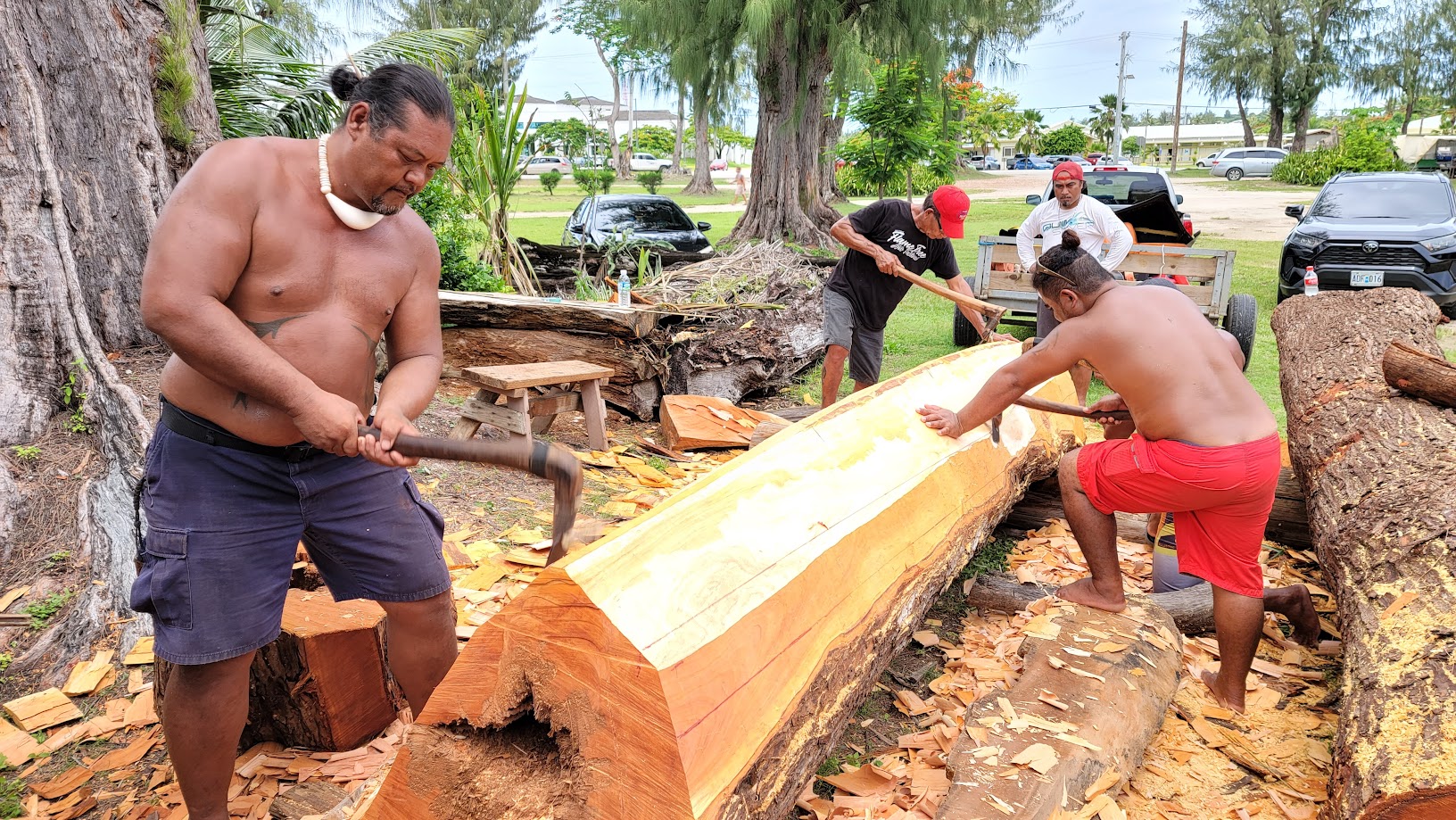A groundbreaking journal article, recently published in Environmental Justice, calls for a significant shift in the approach to conservation in the Pacific Remote Islands Area (PRIA). The article, titled “Disavowing the Doctrine of Discovery: Indigenous Healing, Decolonization, and Implications for Environmental Justice in the Pacific Remote Islands Area,” presents a critical analysis of the proposal to designate a national marine sanctuary in the region.
The authors argue that the proposal fails to meaningfully include Indigenous Micronesians and Samoans, who have historical and cultural ties to the PRIA. The article emphasizes the importance of equitable and just conservation efforts that respect the rights and interests of Indigenous people, ensuring their involvement in decision-making and management processes.
“The controversy with the sanctuary is not just about fish,” said co-author Angelo Villagomez of the Center for American Progress. “It’s about Indigenous identity and respect.”
Drawing attention to the colonial history of the Pacific Islands and the ongoing impact of colonialism on conservation practices, the article advocates for Indigenous-led conservation and the decolonization of the PRIA. It highlights the anti-Micronesian bias and discrimination in Hawaii, underscoring the harmful effects of such discrimination on Micronesian communities.
The article also discusses the cultural and biological connections between Micronesia and Polynesia, stressing the importance of celebrating these connections rather than perpetuating colonization. The authors call for the inclusion of Micronesians and Samoans in the planning, design, co-management, and stewardship of the Pacific Remote Islands, advocating for Indigenous leadership and involvement.
The article suggests pathways to decolonize protected areas, including engaging with Indigenous communities, moving decision-making power back to the territories, prioritizing jobs and funding for U.S. Pacific territories, and creating funds to support sanctuary projects and Indigenous Pacific Islander scientists and leaders.
The publication concludes with a call for reflection on the ethics of upholding Hawaiian indigeneity in ocean governance and conservation at the cost of denying Micronesians their heritage and rightful place in the world.
